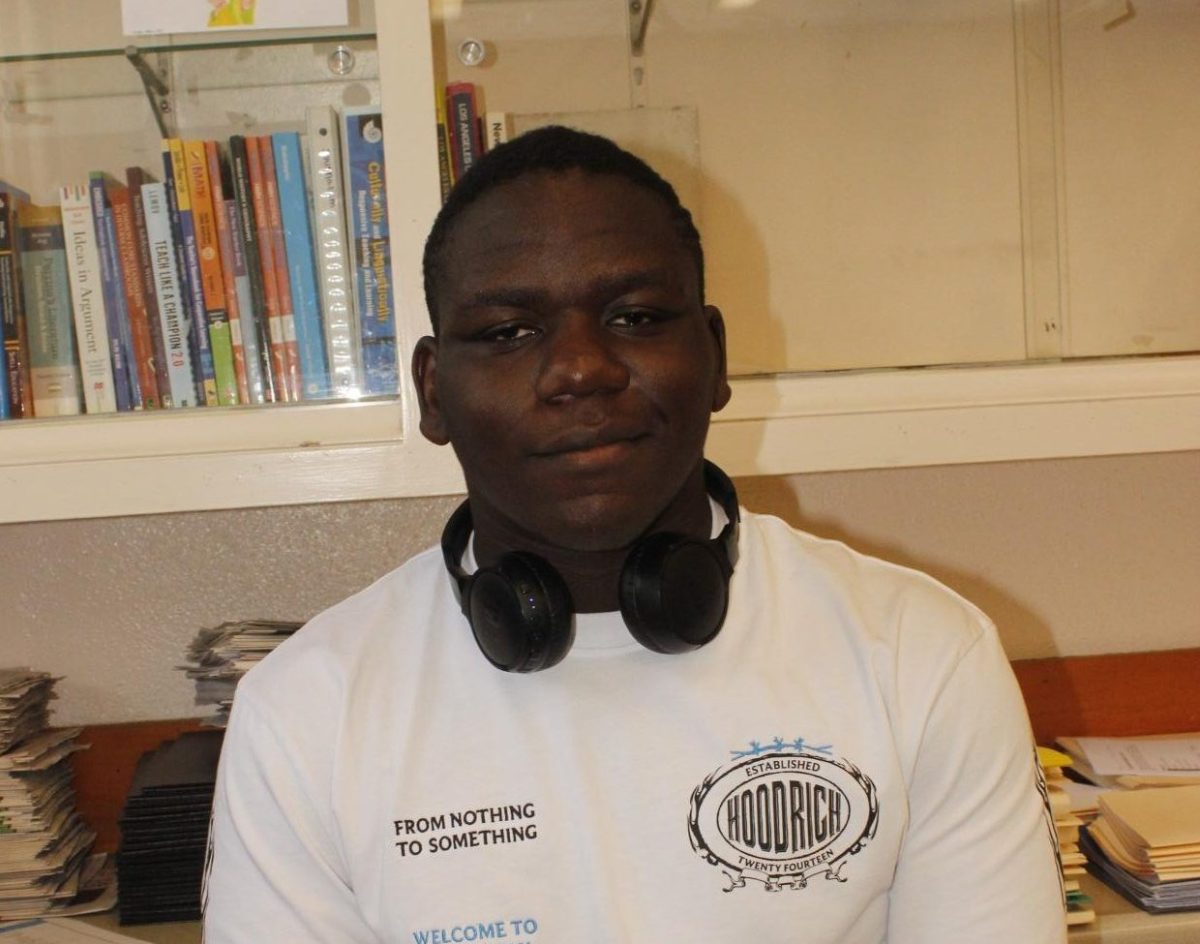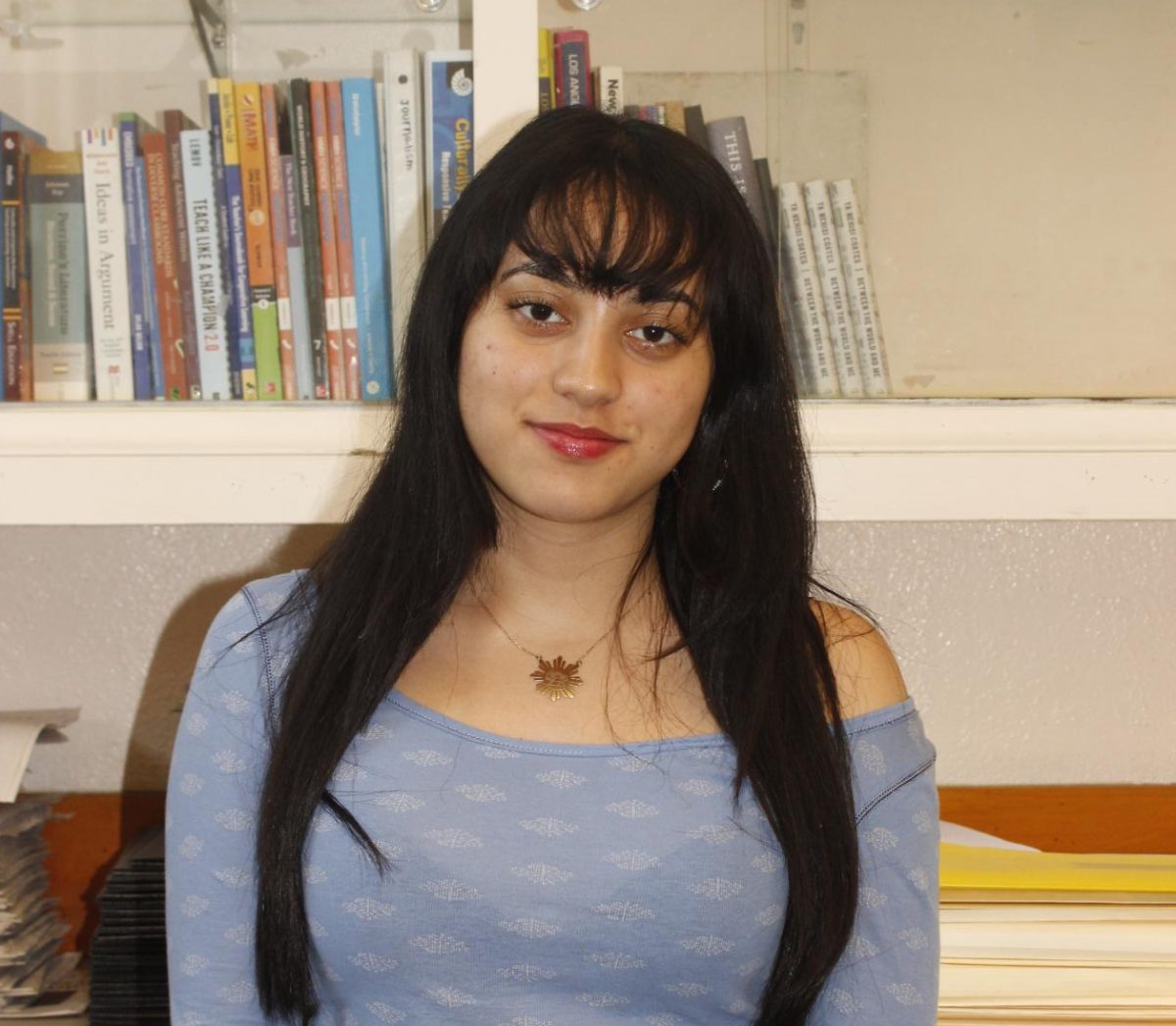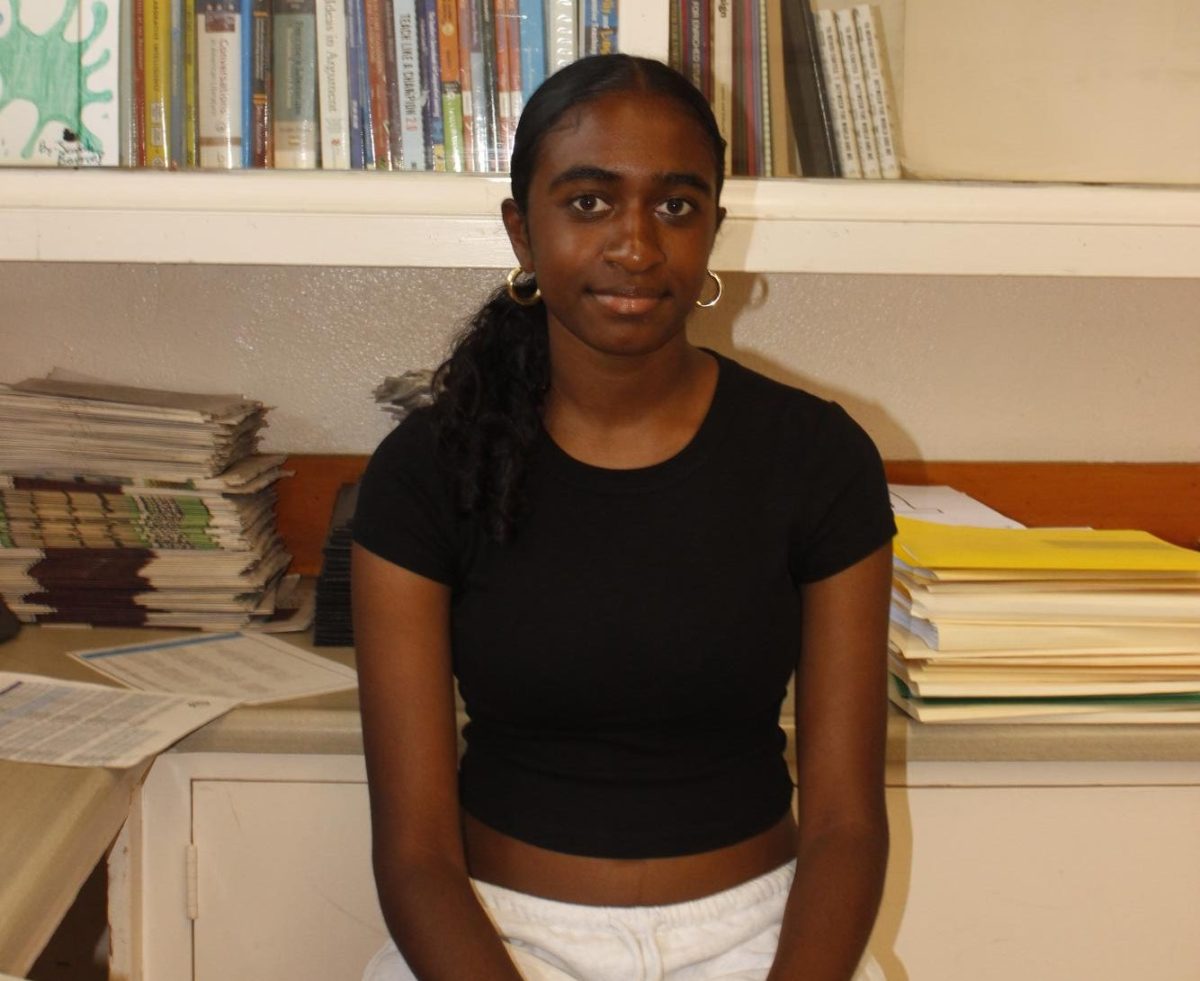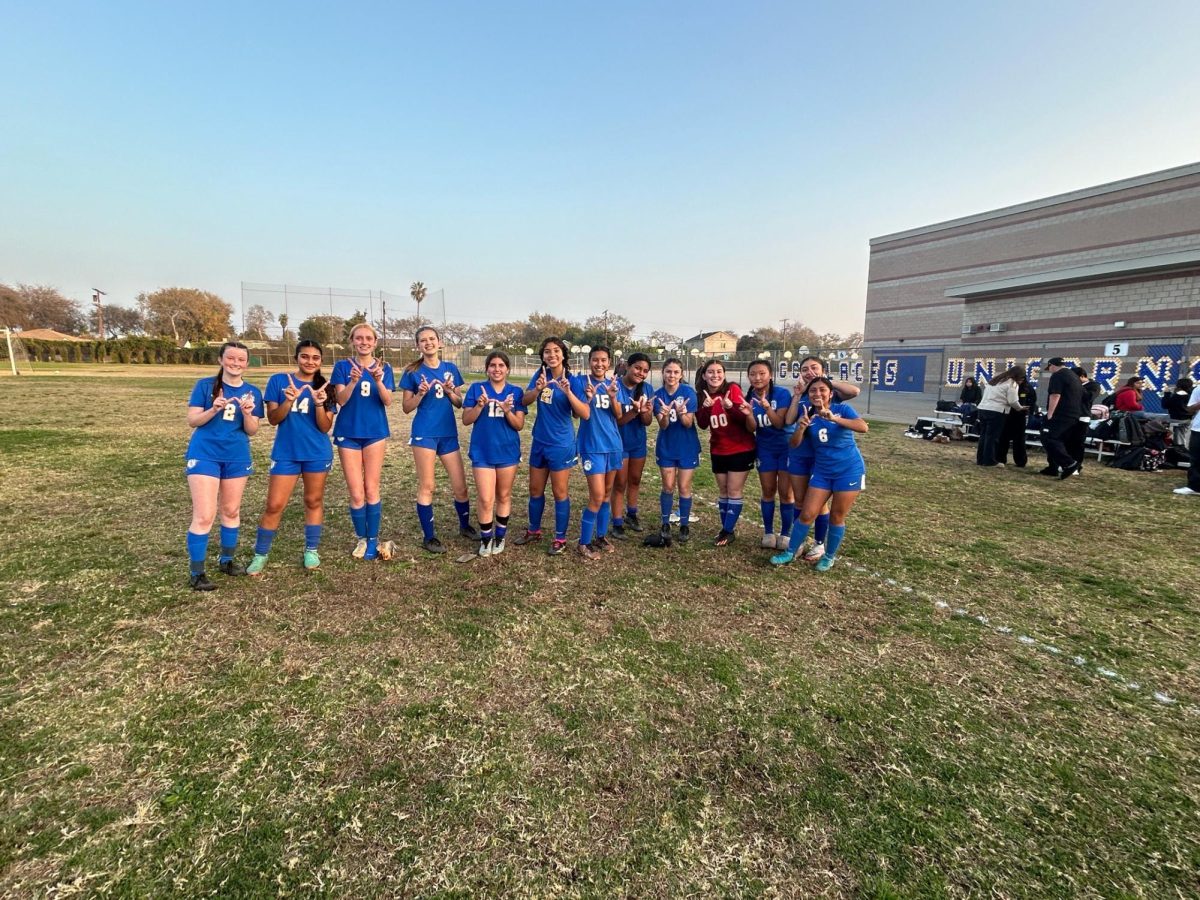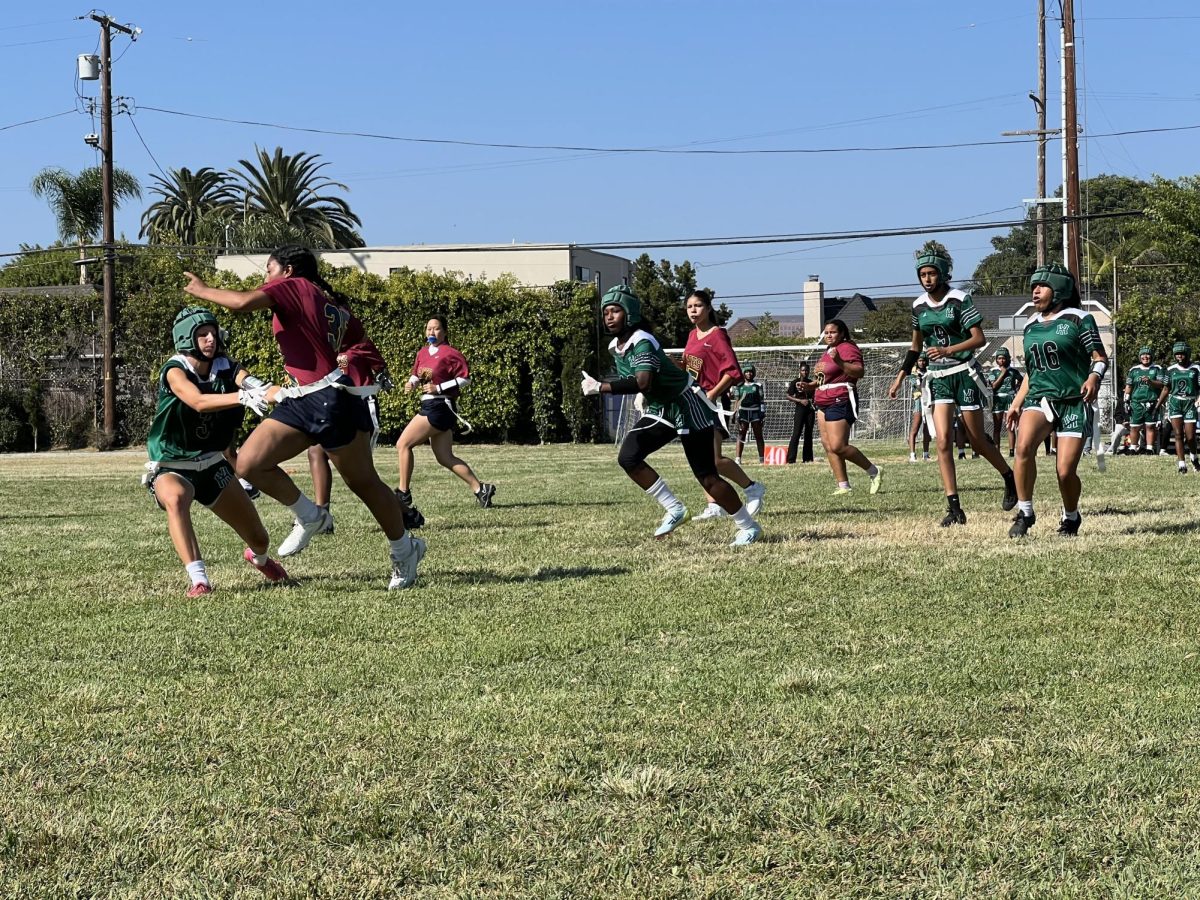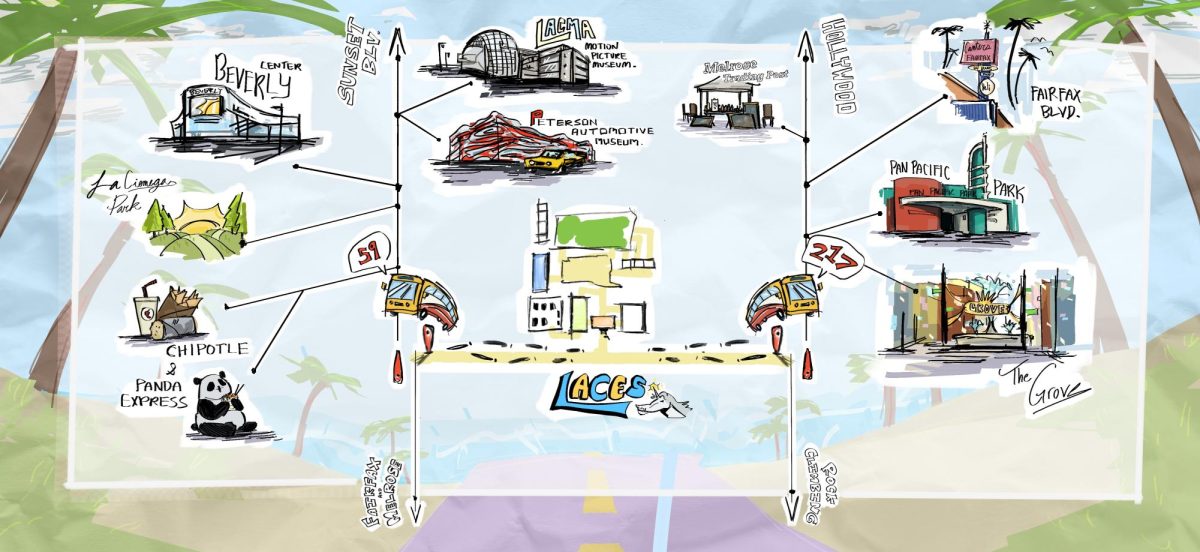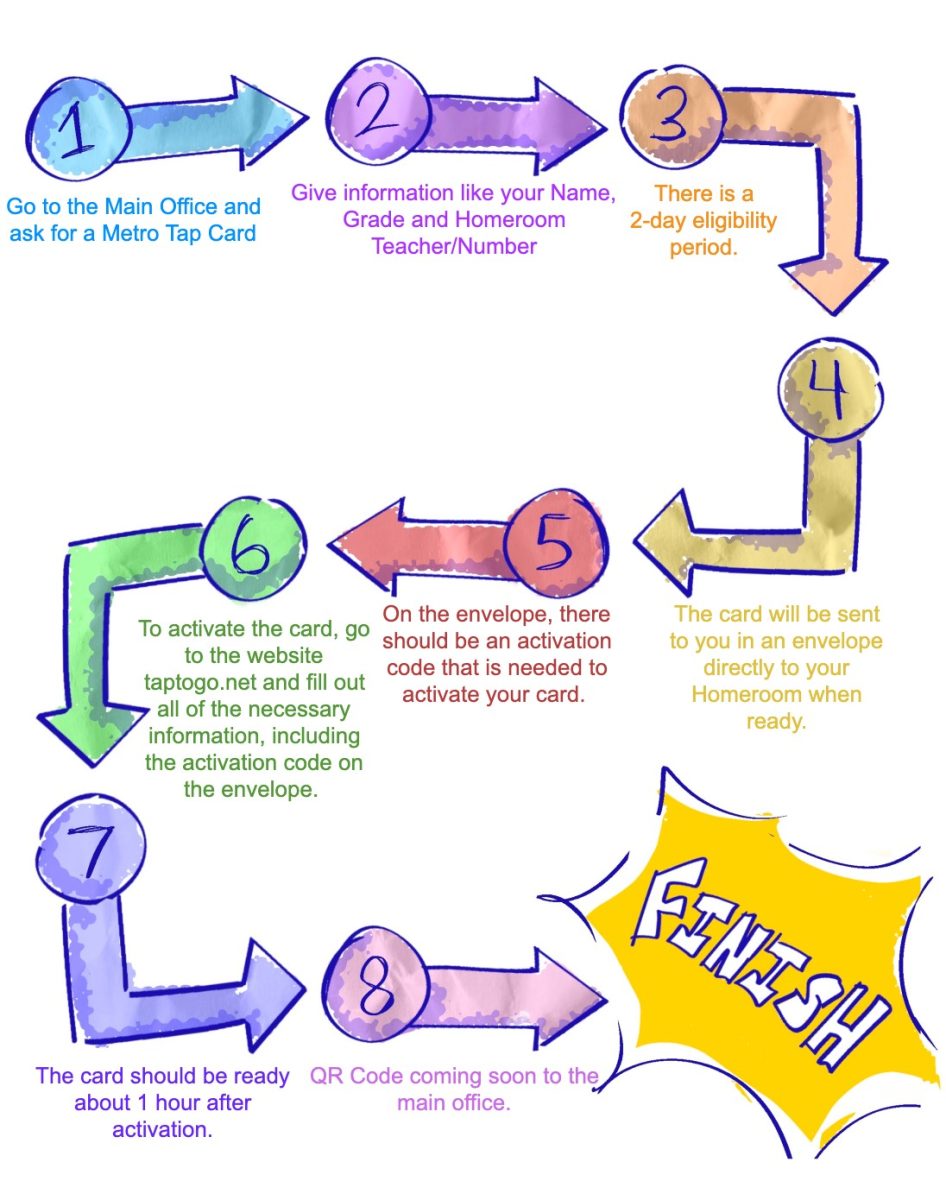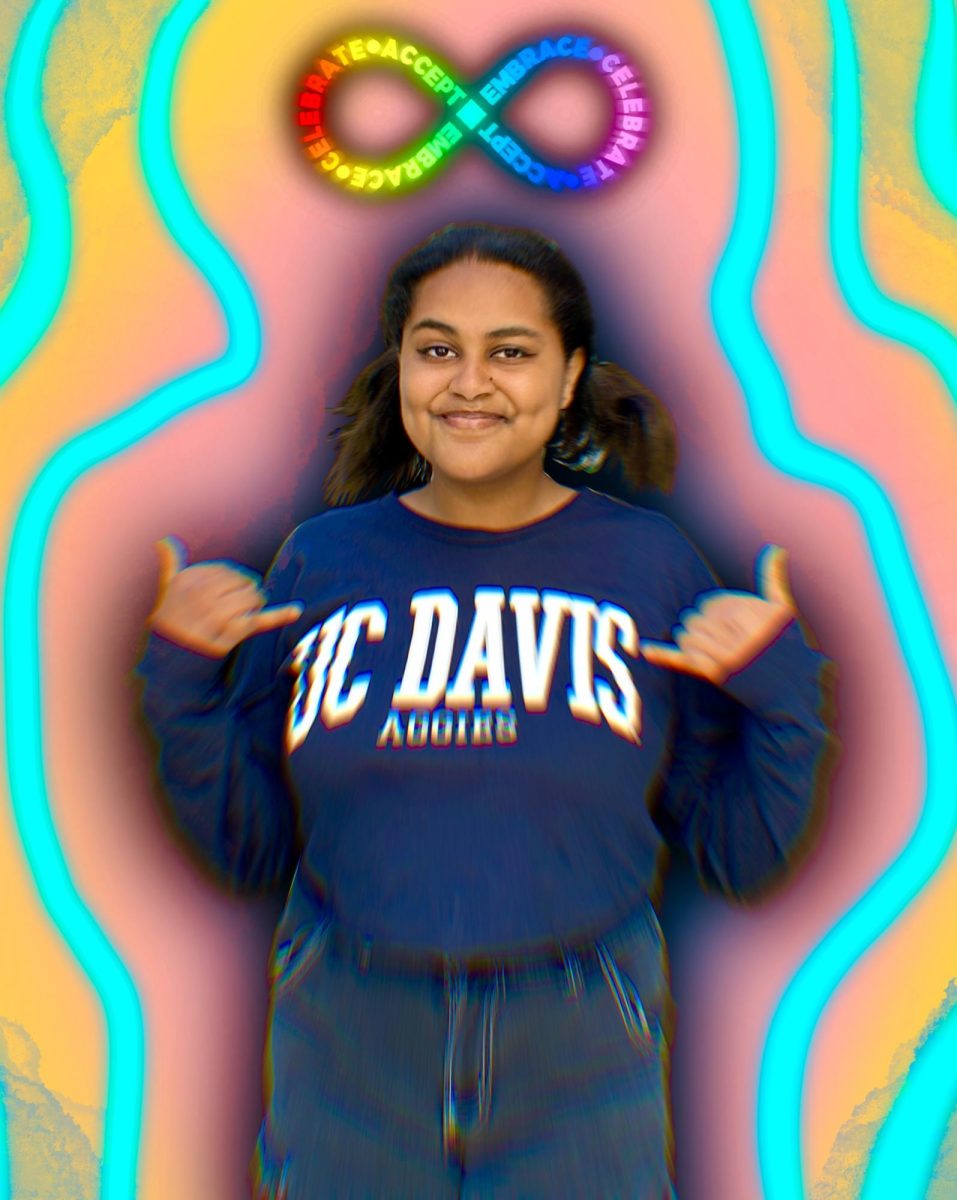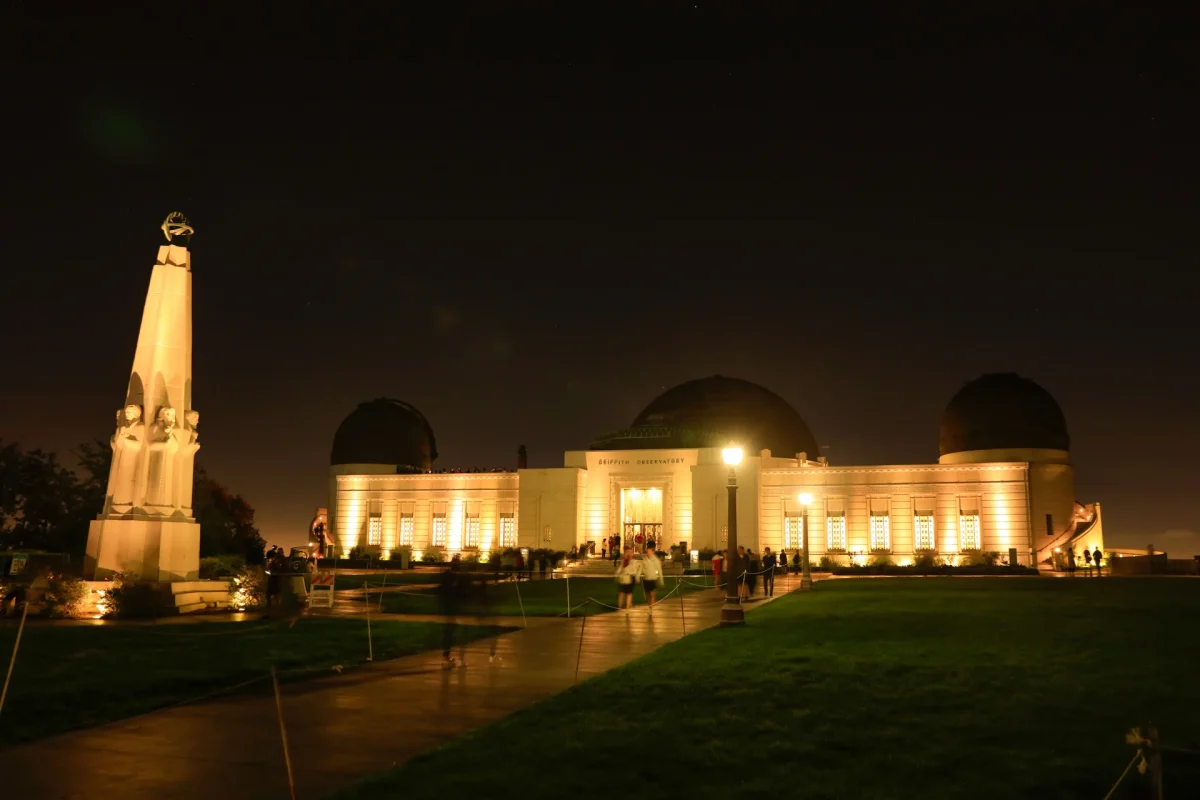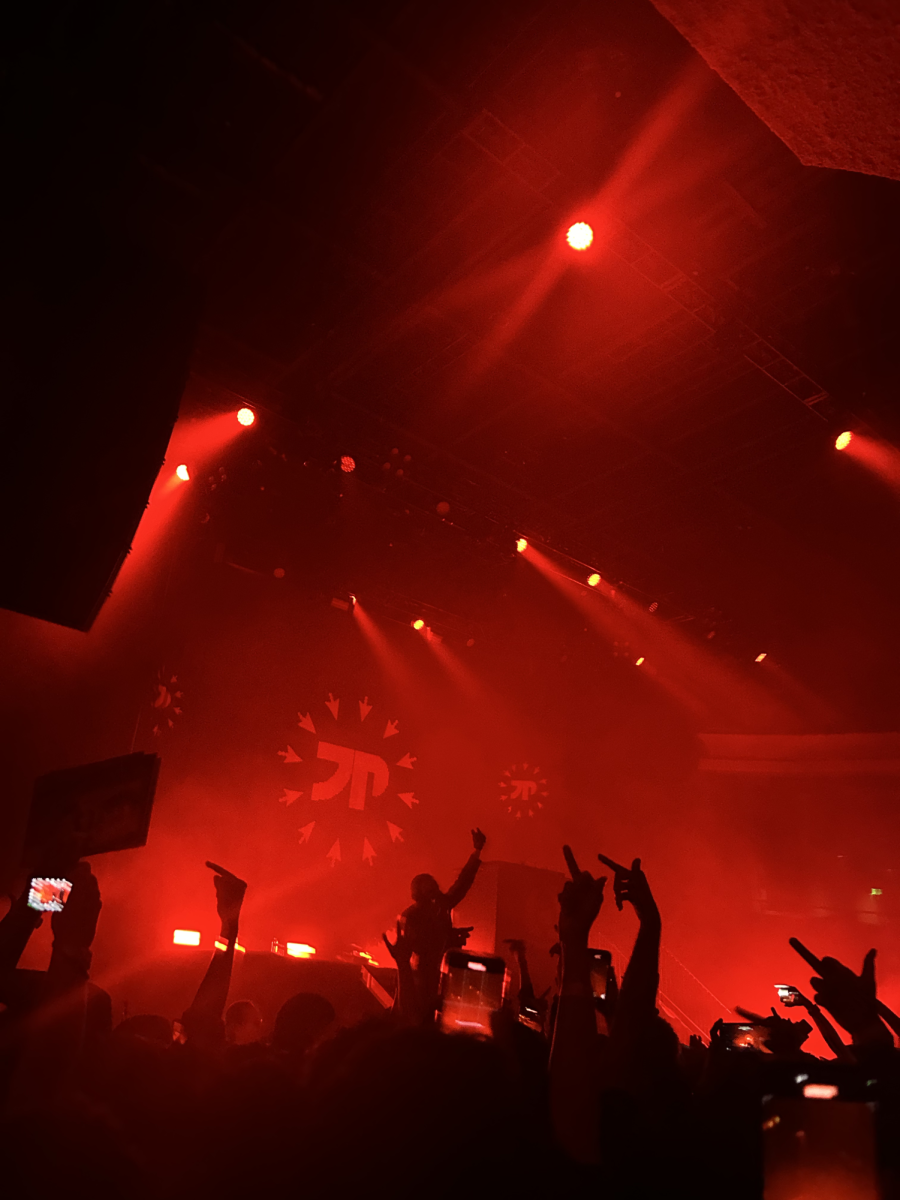April is Autism Awareness Month. Autism is an extremely vast spectrum affecting one in 54 people and its expression can vary significantly from person to person.
Here at LACES, we have our very own Neurodiversity Awareness Club, consisting of 25 people, led by seniors Neya Ahmed and Ki’Arie Copeland. The club hosts events in the zone for Diversity Week, hosts fundraisers, discusses important issues, speaks to neurodivergent individuals about their needs and shares those needs with their teachers to better accommodate them.
“I started a club because I wanted to do neurodiversity activism because I feel like ableism in this school is very normalized,” said Ahmed. “And I wanted to change that and make the school a more neurodivergent-friendly place.”
The club advocates for greater transparency and understanding throughout the LACES community.
“It’s important because autism is misunderstood as a terminology. People think autism is one thing instead of being a spectrum,” said Ahmed.
“I’d say so [that the club is successful in helping autism awareness at LACES] especially since we’re starting to get a lot more people signing up for the club,” said Copeland. “And during the meetings, we just give a lot of information.”
Copeland joined the club because “Knowing about neurodiversity instead of just like having your own ideas about it is very important.”
“The best part about autism, I would say is like, I love being hyper-fixated within certain topics. It makes me kind of an expert on those topics,” said Ahmed. “However, a downside to that is that I tend to repeat a lot. And people tend to get annoyed by my repetitiveness. It’s like a blessing and a curse.”
Autism Spectrum Disorder can result in someone feeling excluded due to its effects on social skills and motor skills. This is often due to ignorance of what autism is and its impact on a person. For this reason, acknowledgment and education are needed to normalize autism and people with the disorder for a more inclusive society.



